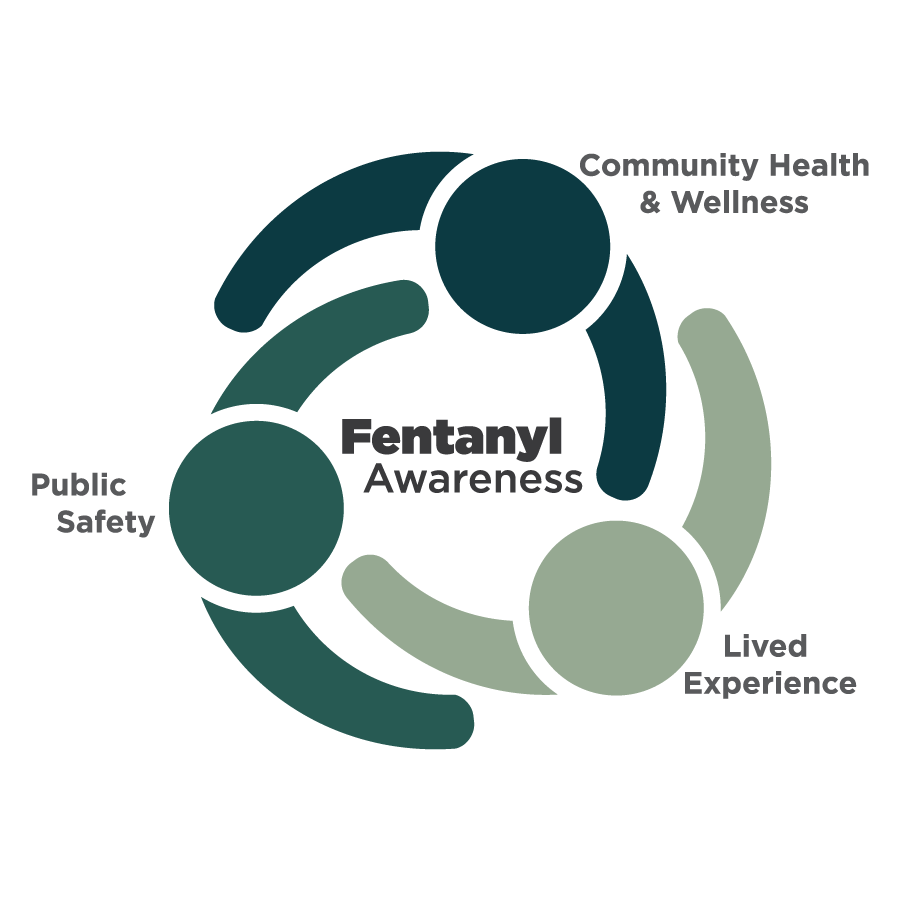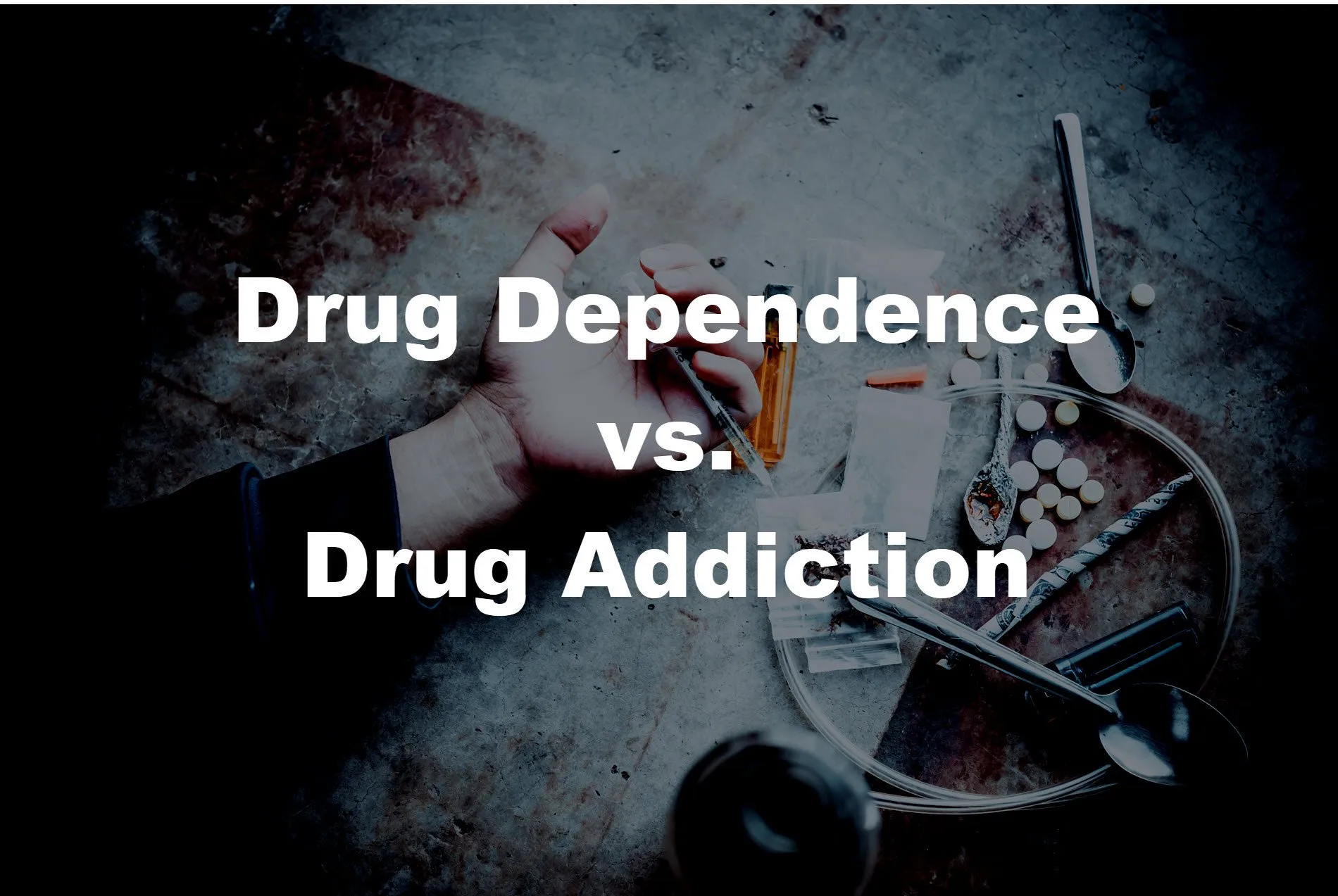Addiction and Violence Behavior
Addiction is linked to violence as substance use impairs judgment and triggers aggression. Prevention requires self-management, family support, and community resources. These strategies, along with policies and judicial interventions, promote rehabilitation and reduce violence. The Link Between Addiction and Violence: Understanding the Contributing Factors Addiction is often associated with violent behavior, as substance use can … Read more






